The Nutritional Value of Corn
Learn the nutritional value of corn both commercially canned, and organic corn. Read our comparisons below, and decide for yourself which is better for you.
Corn provides the necessary calories for your metabolism. It is rich in Vitamins A, B, E, Protein, Fiber, Antioxidants, Thiamin, Niacin, minerals, and more.
Since it is high in fiber, it aids your digestion, preventing constipation, hemorrhoids, and possibly colon and rectal cancers.
Fiber helps your bowel movements, increasing the necessary gastric juices and bile, so also regulates diarrhea, and chances of having Irritable Bowel Syndrome (IBS).
As corn is rich in B vitamins, Thiamin, and Niacin, it supplements our nervous system, and our Cognitive functions, including prevention of dementia, and even Alzheimer’s Disease.
 Commercially packed canned corn
Commercially packed canned corn Organic Corn
Organic CornAs you can see the 4 ounces of Canned vegetables vs 5.28 ounces of Organic corn do vary a touch, so take the additional 1.28 ounce difference into consideration.
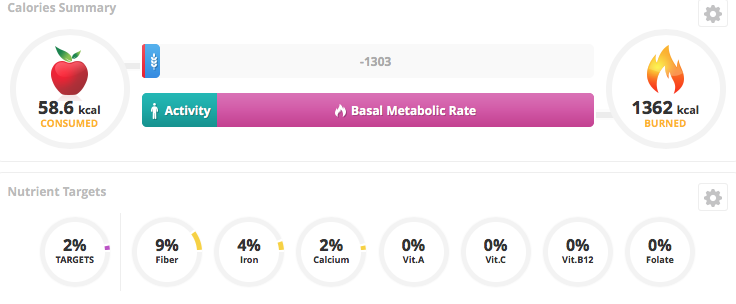 Canned Corn Calories and Nutrients
Canned Corn Calories and Nutrients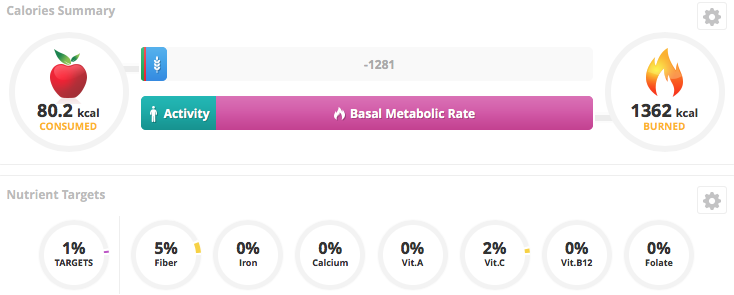 Organic Corn Calories and Nutrients
Organic Corn Calories and Nutrients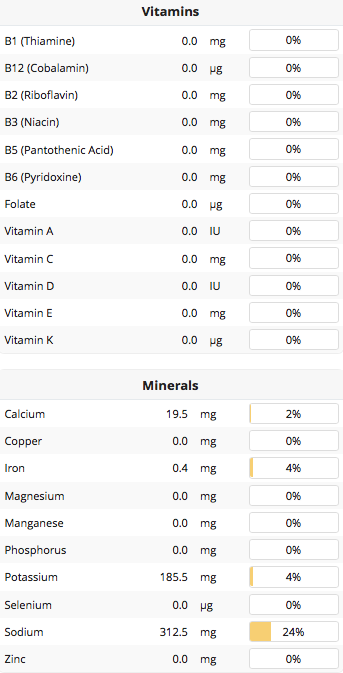 Canned Corn Vitamins and Minerals
Canned Corn Vitamins and Minerals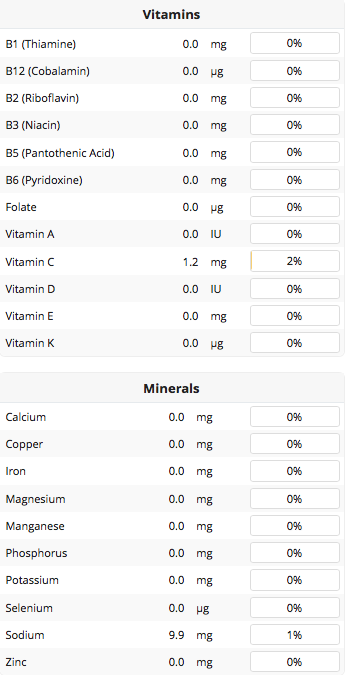 Organic Corn Vitamins and Minerals
Organic Corn Vitamins and MineralsFortified Food Chemicals
Chemicals In Fortified Foods-Do they effect the nutritional value of corn?
Canned vegetables are usually fortified with chemical compounds such as calcium, iron, potassium, to enhance the nutritional value of foods. They do this in order to bring it up to similar standards of organic 'real' food, and to make theirs look more nutritional so you will buy their brand. In some cases, certain forms of these micronutrients can be highly toxic in sufficiently higher dosages than a person's body needs. Do you really want those chemicals in your corn?
Organic corn has more natural fiber and vitamin C, without them, and are not packed with loads of sodium.
Excess sodium increases blood pressure because it holds excess fluid in the body, and that creates an added burden on the heart. Too much sodium will increase your risk of stroke, heart failure, osteoporosis, stomach cancer and kidney disease.
Normal and safe amounts of sodium might be 1500 mg of sodium which is about 3/4 a teaspoon total of salt per day. If you are getting 24% of your daily safe recommendations with your portion of corn alone, you are probably going way over your limits with all the other foods you eat combined with that.
For those wishing to keep their sodium count down, organic is the only way to go.
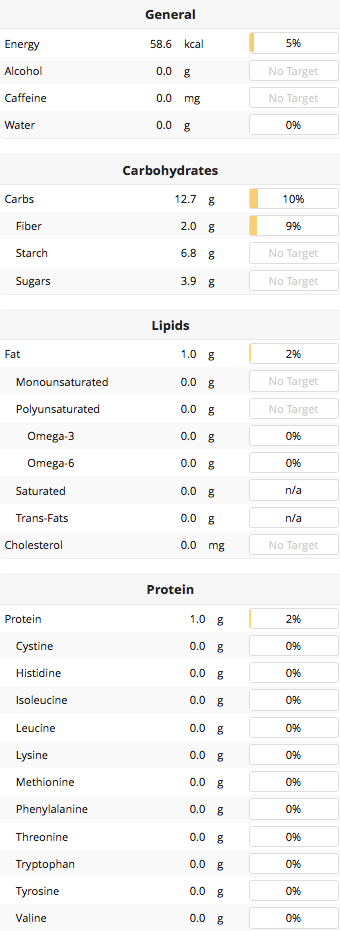 Canned Corn Nutritional Values
Canned Corn Nutritional Values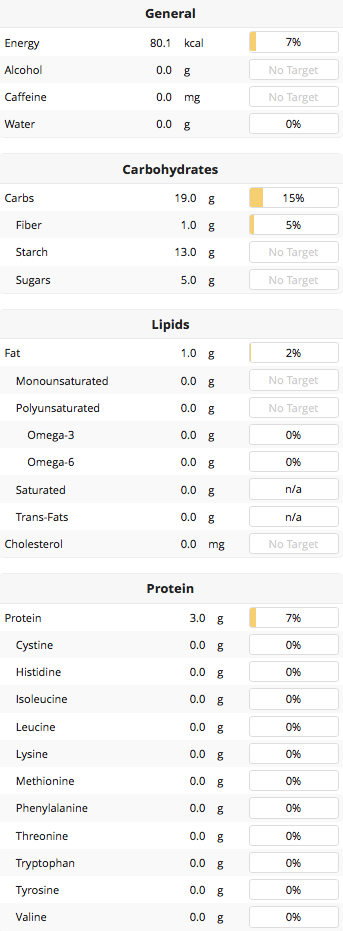 Organic Corn Nutritional Values
Organic Corn Nutritional ValuesMost Beneficial Nutritional Value of Corn
In general, you will get lots more natural energy, vegetable protein, calcium, and vitamin C from organic corn.
This comparison was brought to you by the FREE Cronometer Nutrition Software, that you can have too.
I have only scratched the surface on the nutritional value of corn, and found a great source for more information at OrganicFacts.net.
Learn more about your food and nutrition here.
Go to the Homepage of Health-Current Events
Click any Social Media link to share this page forward. Feel free to Pinterest us too!